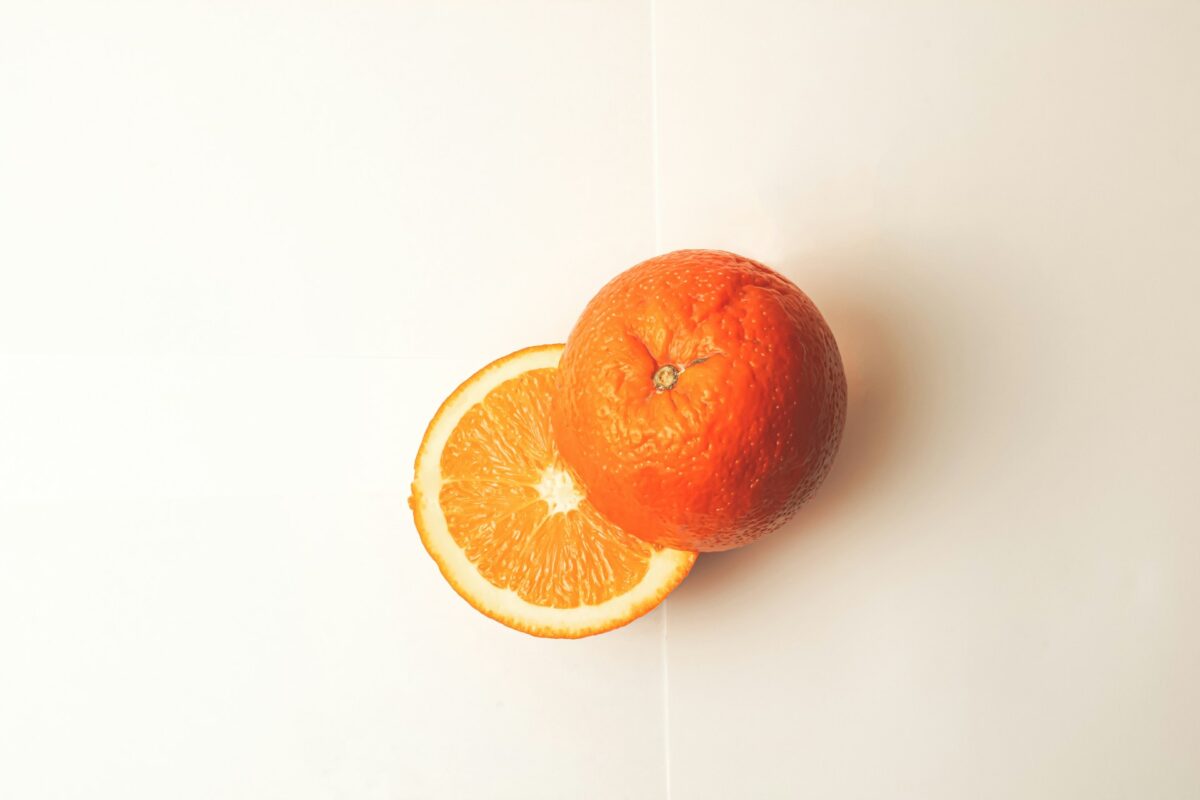‘The Orange’ by Wendy Cope has been having a bit of a moment recently. Or rather a lot of a moment for a while. Despite being first published in the 90s, it is the eponymous poem of Cope’s most recent collection released last December, The Orange and Other Poems, that adorns the shelves of Oxford’s many book shops in abundance. With its uncomplicated cover, featuring a simple drawing of the fruit, it is an object as plain, yet as marvellous, as its subject. Because, as anyone who has read ‘The Orange’ knows, the poem really makes you want to eat that orange.
In her succinct poem, Cope manages to describe the tastiest-sounding orange that has ever existed, and yet, it is hardly described at all. The only information Cope gives the reader is that it is so huge as to cause multiple people to laugh at its enormity. The scarcity of information on the orange itself puts the ritual that so often surrounds a citrus fruit front and centre: an orange is a sharing fruit, seemingly designed to be shared in neat segments. To peel an orange for another is an affectionate and caring gesture which always reminds me of the way my mum would peel tangerines for me when I was small, keeping the skin all in one spiralling strip. In Spanish, mi media naranja means my other half or my soulmate, but literally translated, it means my half orange. All of this to say that an orange is never just an orange; beneath that pith is the potential for connection.
At the risk of exaggerating, I really do believe that the few stanzas of ‘The Orange’ perfectly encapsulate this latent superpower of citrus. I love that there are no frills, no literary bells and whistles, because that’s not what eating a good orange is like, it’s not what it’s about. The simplicity of it is key because a nice piece of fruit, big enough to share, is a simple luxury, one so often taken for granted. I write this from the high horse of being a third-year English student who has finished their finals, but just last week I was feeling as if the world started and ended within the confines of my own stressed-out brain; despite being in a hall full of people, taking exams can be an isolating experience. Within the chaos of Oxford, I’d started to lose a wider sense of perspective. Coming out on the other side, I feel this experience has brought the importance of community and caring for one another to the forefront of my mind.
Halfway through the term, it was my friend’s birthday. We sat outside in Uni Parks, sun on our faces, sharing a bunch of grapes. I thought of Keats, the simple pleasure of bursting the fruit against my ‘palate fine’, but also the poem ‘A Kumquat for John Keats’ by Tony Harrison. It is a poem my friend introduced me to, in which the poet expresses his desire to give Keats a kumquat, his favourite fruit, because he thinks Keats would enjoy it, reaching out across an impossible stretch of time. Like life, the kumquat is ‘one part sweet and one part tart’. Fruit in poetry seems to have this knack of becoming a microcosm, something that we can consume to gain its symbols, to accept them into ourselves. In the grass of Uni Parks, among fruit and friends, I felt something close to the almost utopian image of contentment with which ‘The Orange’ is juicy with, and which never fails to make me feel hopeful.
The world can often seem like an indifferent and cruel place and sometimes the thing that will get you through the day, give you the strength to keep on keeping on, is an orange. And if we can share this with the person next to us, why wouldn’t we? This is the sentiment of ‘The Orange’. It champions the joy that can come from making small efforts to connect with others, and the solace that can be found through looking for the extraordinary and the ordinary. The somewhat obvious, but nevertheless important, conclusion is that what makes Cope’s orange sound quite so delicious is the fact that it is shared among friends. I hope we all can feel grateful for the joy of the small things among the mess of life, and most importantly, I hope we can share them when we do.
‘I love you. I’m glad I exist.’ – Wendy Cope

